|
The crisis in Sudan continues to deepen as President al-Bashir digs in his heels and protesters continue to vent their anger and frustration. Andrew Edward Tchie warns that there’s a real danger of the situation deteriorating even further amid fears of a total disintegration of the state. This, in turn, could lead to militia running the country, with scenes reminiscent of Libya.
For decades Uganda’s health sector was crippled by corruption. The country then introduced a Health Management Unit to weed out bribery. The unit appears to have scored some successes, but its work has been panned. Critics are blaming it for lowering staff morale by exposing offenders publicly. Heather Marquette, Caryn Peiffer, Rosita Armytage and Pius Gumisiriza looked at the efficacy of the approach, and conclude that its long term
sustainability is in doubt.
|
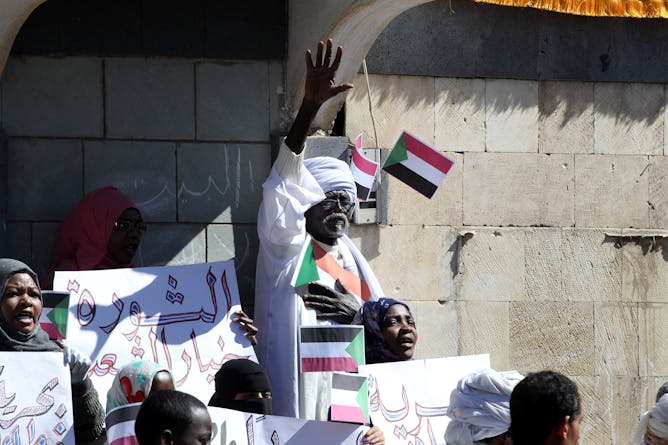
Sudanese protesters shout slogans during a rally against the government of President Omar al-Bashir in Sana'a.
EPA-EFE/Yahya Arhab
Andrew Edward Tchie, University of Essex
Fed up with the high cost of living, and an oppressive state, the people of Sudan are rising up against their president.
|
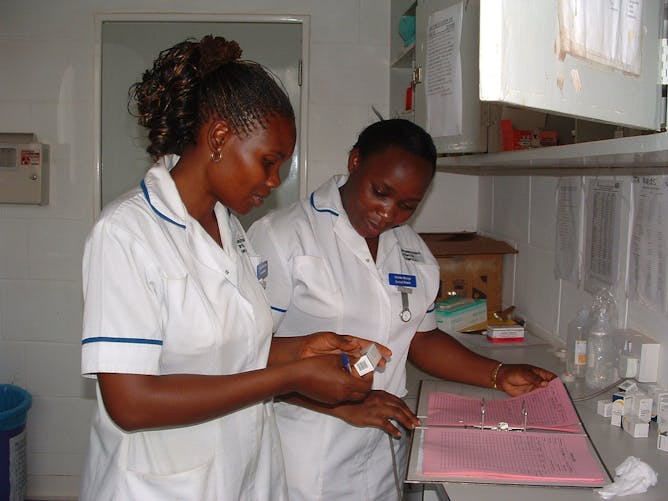
Experts fear that Uganda’s efforts to eliminate graft in its health care system are not sustainable.
Suuba Trust/Flickr
Heather Marquette, University of Birmingham; Caryn Peiffer, University of Bristol; Rosita Armytage, Durham University
Bribery in Uganda's health care system is on a downward trend but researchers fear that it is not sustainable.
|
Arts + Culture
|
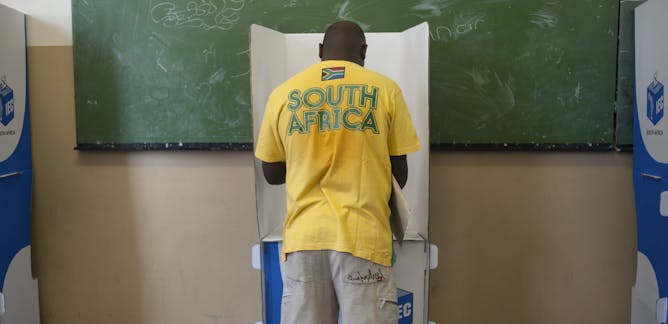
Martin Plaut, School of Advanced Study
Concern at the role of fake sites in influencing South African public opinion has been growing over time.
| |

Herman Wasserman, University of Cape Town
A progressive Afrikaans newspaper will be relaunched soon. But Vrye Weekblad can't trade on its history alone. It will need to consider the challenges of the present and the future.
|
|
|
Education
|

Fiona Horne, University of the Witwatersrand
The environment at universities isn't conducive to effectively teaching and learning new languages.
| |

Liette Vasseur, Brock University
With changing student demographics, STEM programs need to provide different supports to accommodate the needs of women returning to education after a break.
|
|
|
From our international editions
|
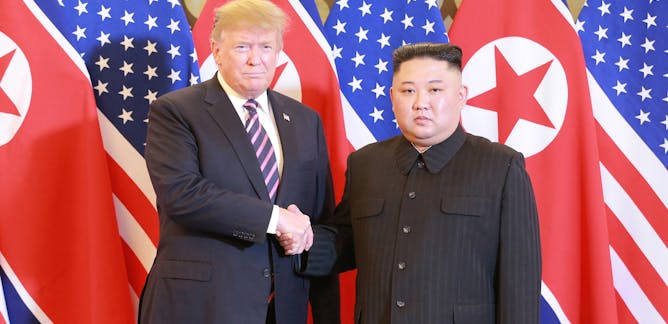
Sojin Lim, University of Central Lancashire
North Korea and the US have again failed to reach an agreement – and South Korea is being left on the sidelines.
| |
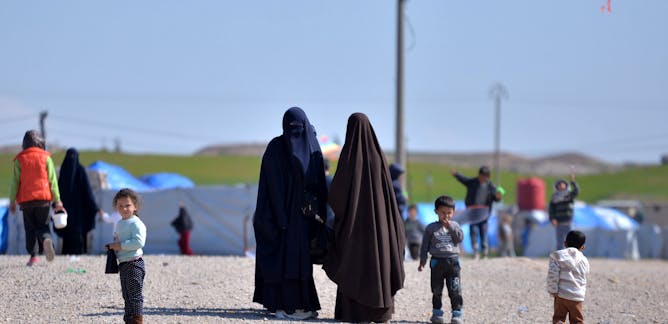
Alison Bisset, University of Reading
With more cases of women such as Shamima Begum expected, the UK is under legal obligations to protect the rights of any children involved.
|

Jennifer Mercieca, Texas A&M University
Michael Cohen wants you to know that throwing your kid a ball doesn't make you a Red Sox pitcher. So he told lies, he says, but that doesn't make him a liar. A rhetoric scholar dissects his argument.
| |

Mack Clayton Shelley, II, Iowa State University
Psychological phenomena like confirmation bias and the Dunning-Kruger effect make it easy for people to fall for deliberate or inadvertent lies in the news.
|
|
|